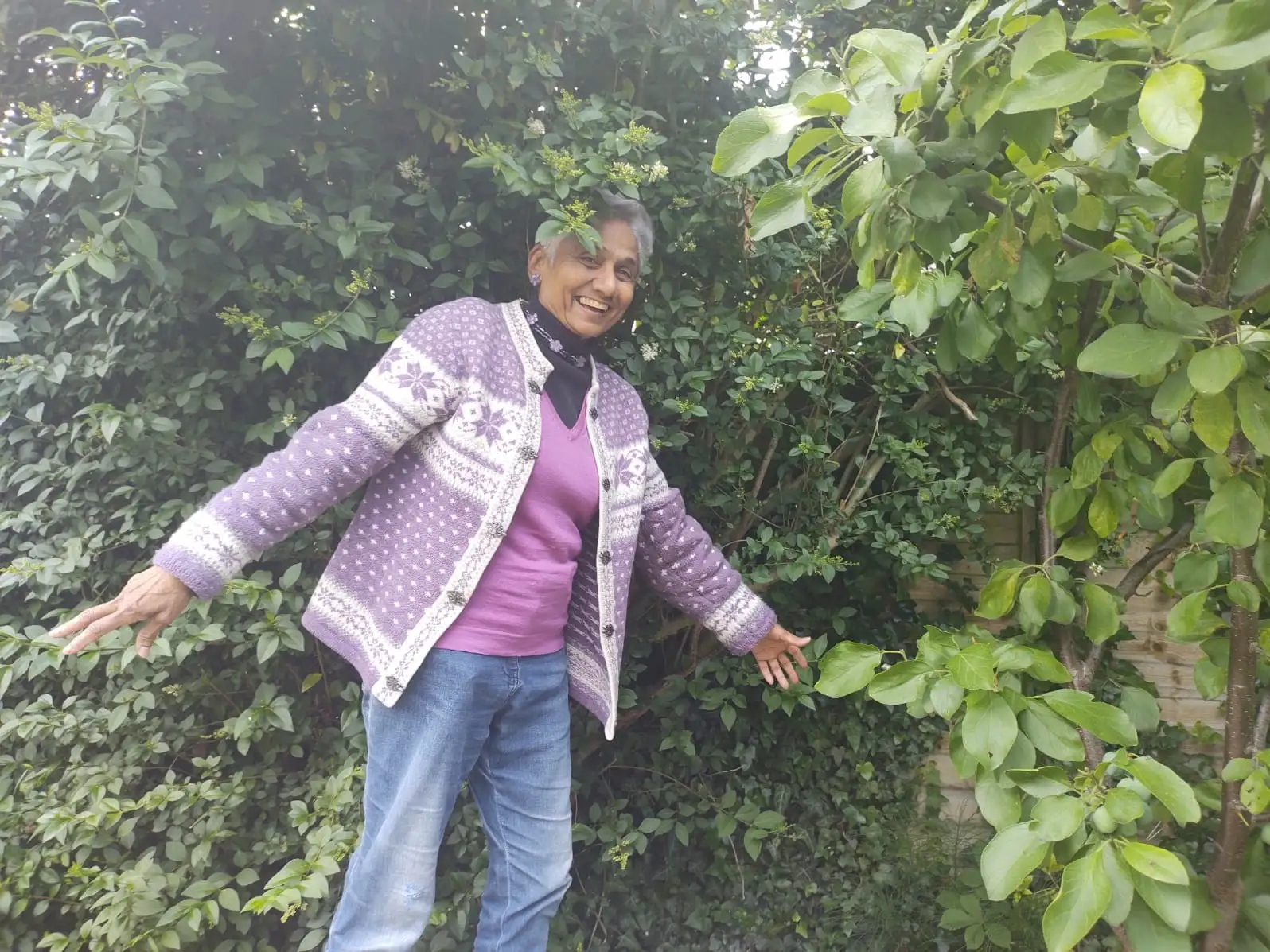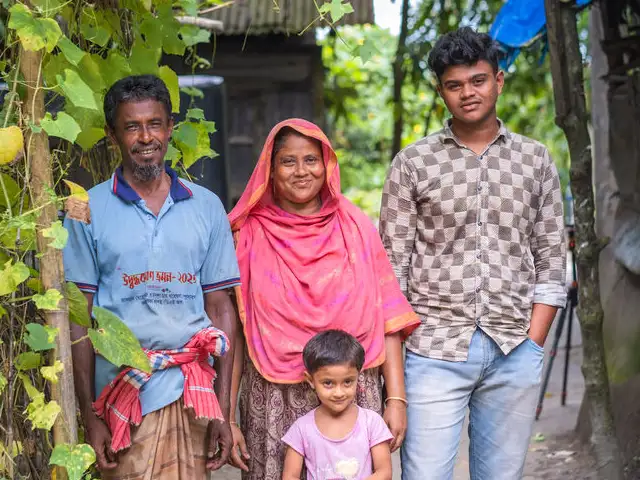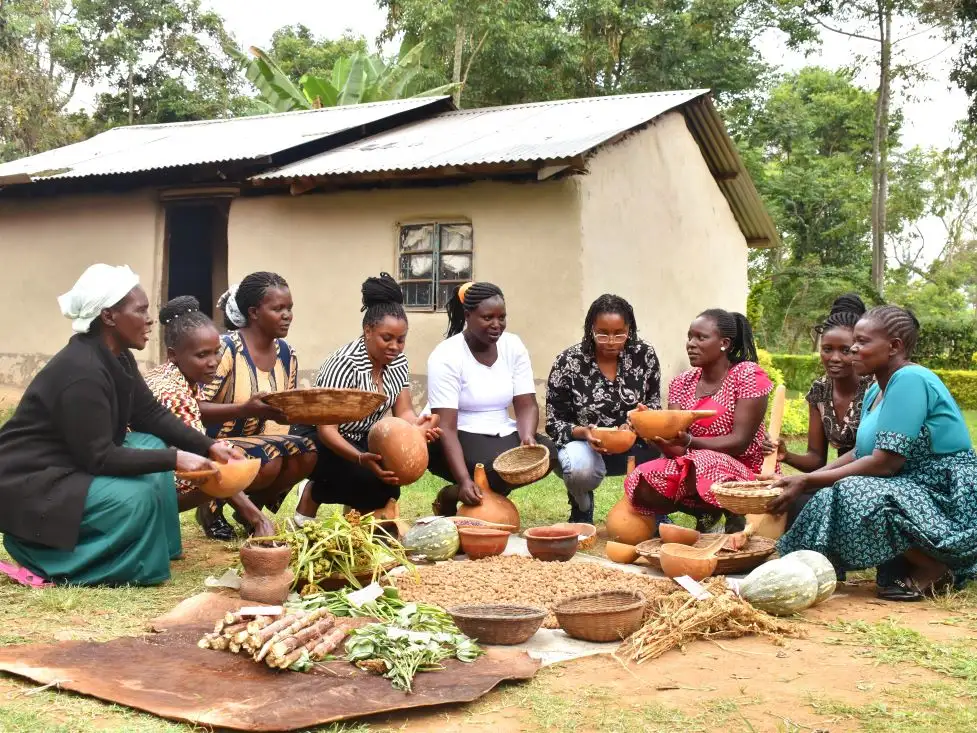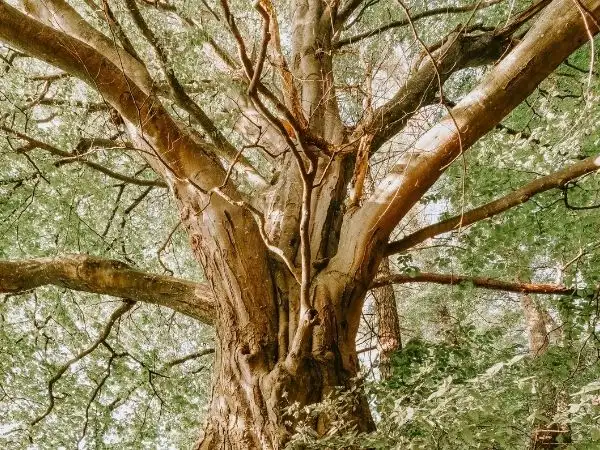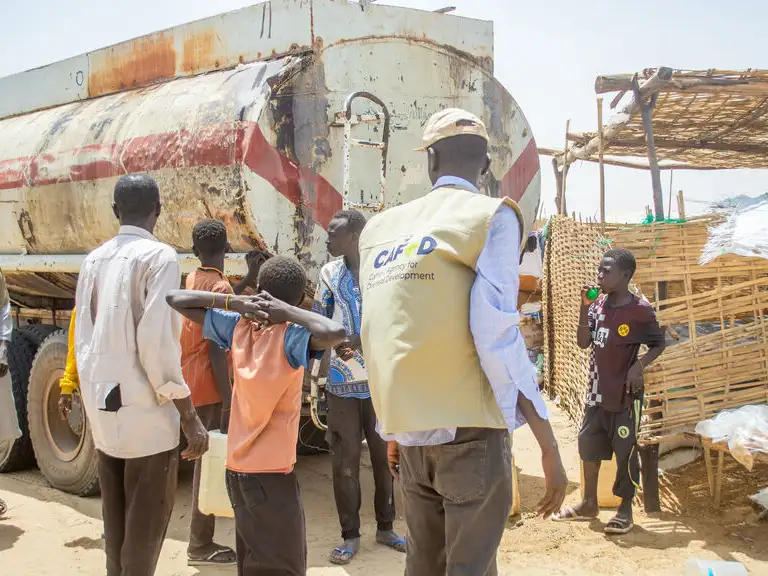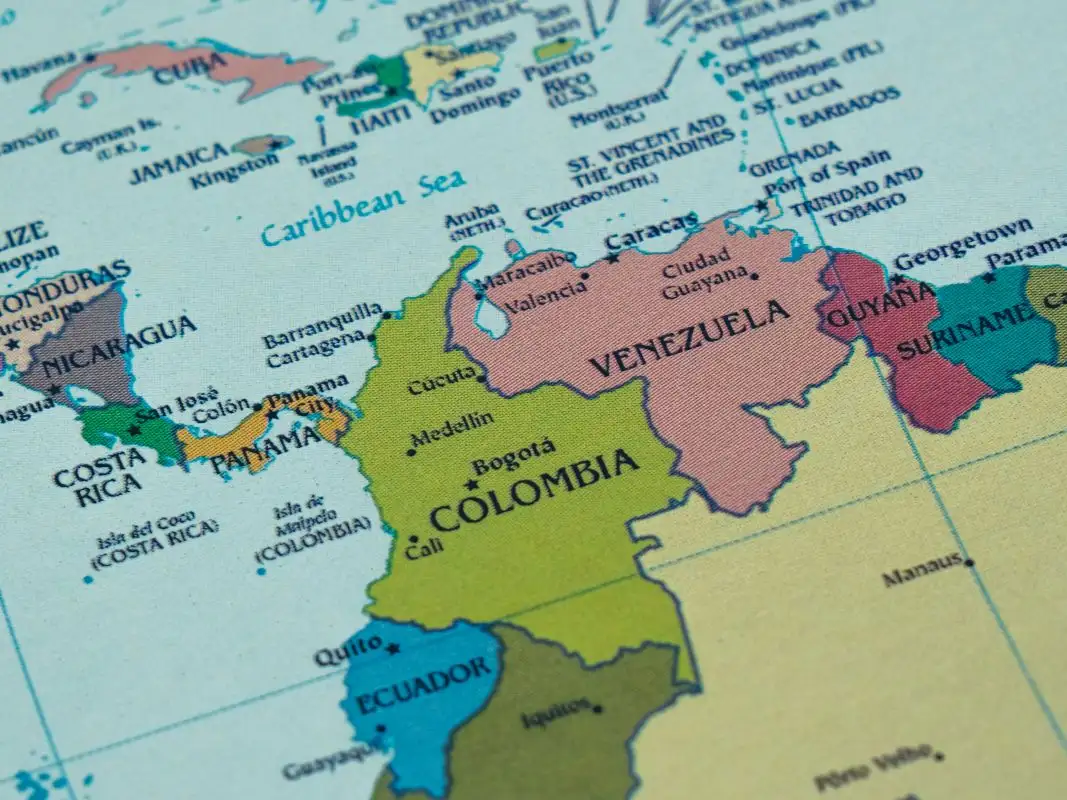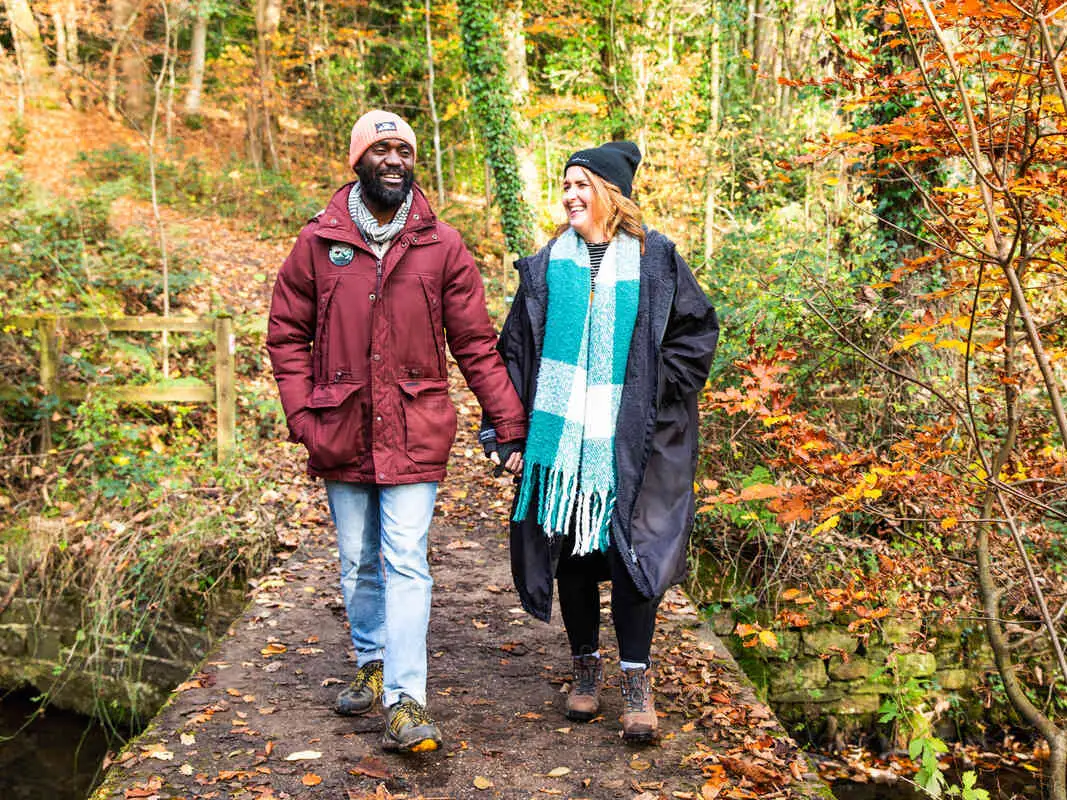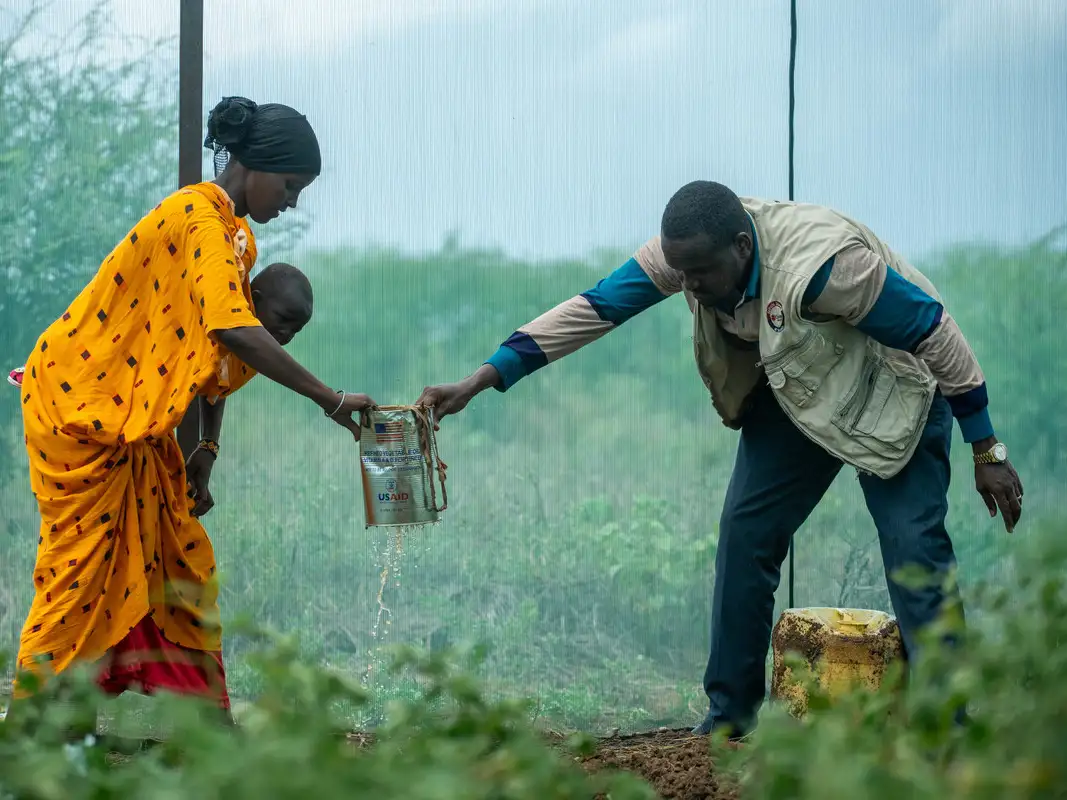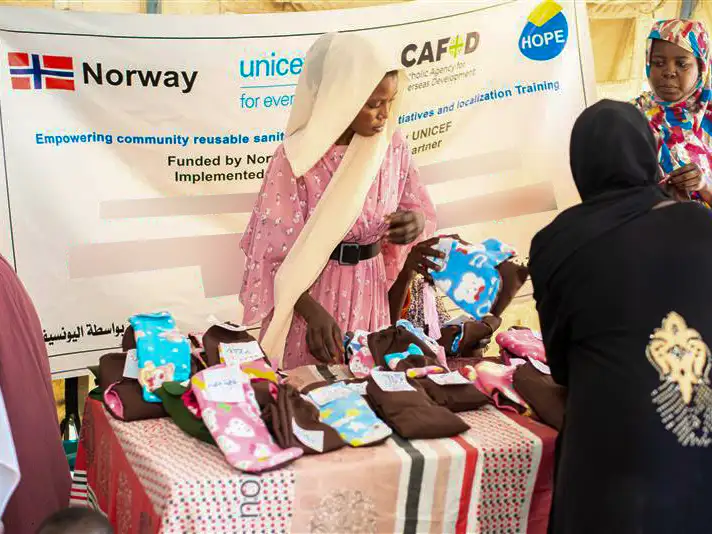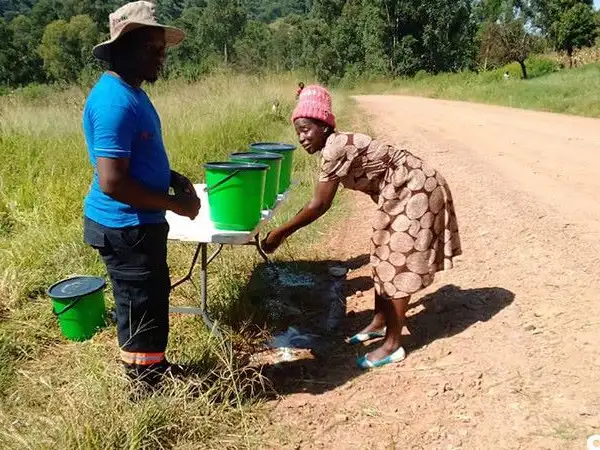

Hand washing stations were in place to prevent the spread of coronavirus.
We spoke with CAFOD employees in Zimbabwe and London about how people are coping in the face of coronavirus, and how volunteers are making the crucial difference.
"It's a fragile situation"
Daphne Magidi lives and works for CAFOD in London, but she has family and friends in Zimbabwe. She told us about their experiences:
“The vulnerable are failing to cope. There’s very little food in Zimbabwe. As you know, CAFOD was already running an appeal here for hunger. The Zimbabwean economy is quite fragile. A lot of people survive from hand to mouth. If everybody is stuck indoors, they are not selling – they are not able to produce any funds to feed their families.
“The health system is quite fragile. A lot of people, even if they were to be suffering from COVID, are too afraid to go to the hospitals, because technically there is nothing for them to go to, and there is no medication.
“It’s a fragile situation and people are struggling to cope because they do not have food. No access to clean water. It’s the basic commodities that people are lacking. For Zimbabweans, they are saying lockdown is not sustainable. They want to get out.”
"Volunteers are part of the bloodstream of what we do"
But in the face of all this struggle, people are still finding the strength to volunteer – to give their valuable time to help others less fortunate than themselves.
Luckson Mashiri lives and works for CAFOD in Zimbabwe. He is witness to the power of volunteers. He said:
“There was one volunteer who was quite keen on helping. This was in an area that was cut off, with no electricity, and he was crucial in liaising and identifying the beneficiaries in need.
“These things highlight to me the importance of volunteers in the work that we do, because without them it would not be possible to get items to communities.
“Volunteers have brought massive value to the work we do as CAFOD, to extend the reach to beneficiaries who are living in hard-to-reach areas.
“Volunteers, I would say, they are part of the bloodstream of what we do in CAFOD. They are very critical and very vital in terms of engaging the communities. Even in terms of Covid-19, they are very, very, very, influential and supportive.”
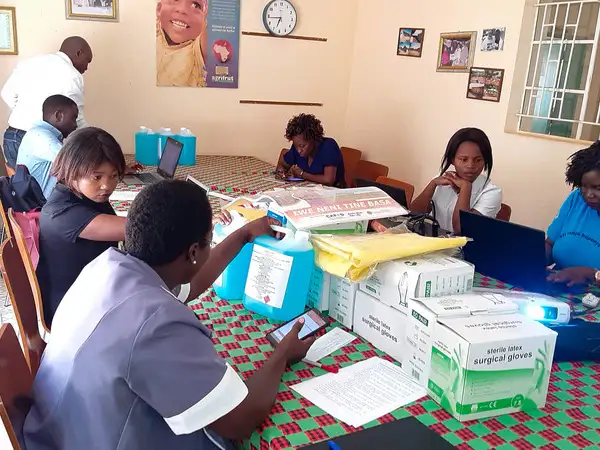

St Albert's Mission Hospital in Zimbabwe serves approximately 120,000 people, most of whom are subsistence farmers or living in extreme poverty.
But why do people volunteer?
Luckson says:
“It’s a mixture in terms of what motivates volunteering. With some of the volunteers that we interact with, it’s something that stems from Catholic Social Teaching.
"But there’s a whole spectrum of reasons why people volunteer. Catholics do it because they feel an obligation or duty to help. Some of our volunteers do it because they’ve experienced the need for help themselves.”
To all our volunteers, all around the world, thank you
Thousands of volunteers around the world are making a direct impact on the lives of others. We are in no doubt that volunteers are saving lives. As part of Volunteers’ Week, we want to highlight their hard work, dedication and love. Thank you.


